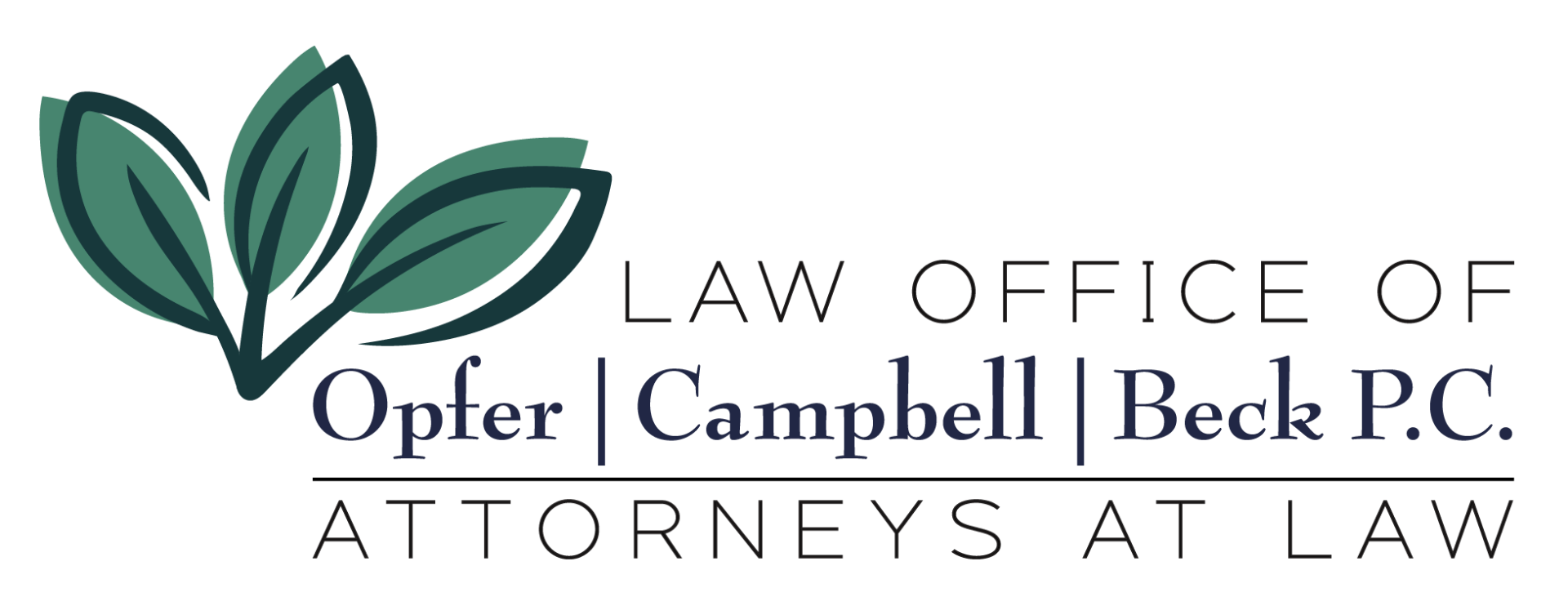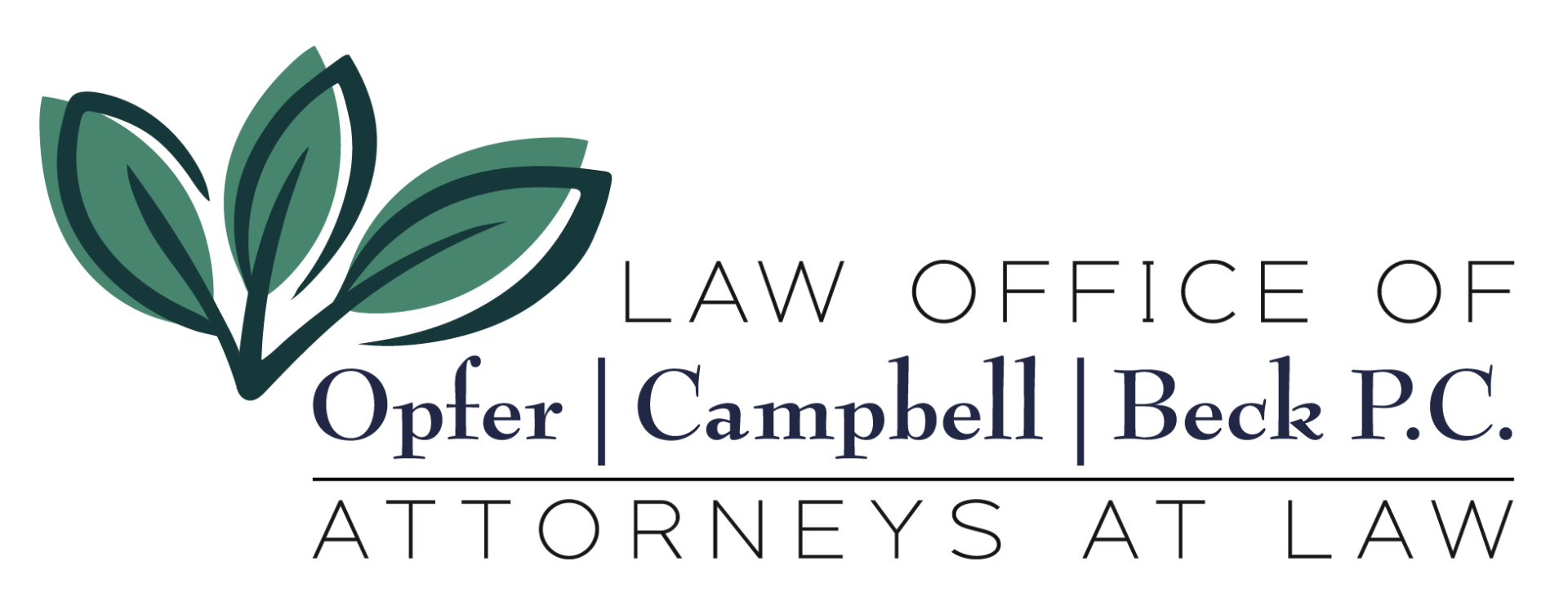Practice Areas
How to Speak With Loved Ones About Estate Planning
Estate Plan Protections Series: Part 8

Every family and relationship is different. When it comes to speaking about the important issues like finances, sickness, etc., some people are “open books” while others are not. Regardless of someone’s willingness to speak about these issues, it is critical they are addressed. When - not "if" - an accident, illness, or death strikes, the last thing anyone should have to do is investigate your life.
The following is a breakdown of topics you should discuss with loved ones. You can use this resource to provide your own information to others, or to information for people you might assist later:
In Case of Emergency
The most fundamental information to know is what to do and who to call in a sudden emergency. As a basic measure, you should ensure key people know the following information:
- What family members and friends should they call if there is an emergency?
- What are their emails and/or phone numbers?
- What doctors should they call?
- What professionals (e.g. attorney, financial advisor) should they call?
- Who will provide care for your children (if applicable), and are there any special medical or other issues to know?
- Who will care for your pets, and are there any special needs or medical issues?
- Where do you keep your social security card, identification, and insurance cards?
Medical Information
Medical records are some of the most safeguarded data in the United States. Under the Health Information Portability and Accountability Act (HIPAA), doctors and medical facilities cannot communicate any information to someone other than the person treated, without prior authorization. Unfortunately, this applies to everyone, including spouses, parents, siblings, friends, etc. unless they are a Medical Power of Attorney or a court-appointed Guardian. The best solution is to create a standalone HIPAA Authorization and name all the people you want to grant this access. Then, to avoid delays, make sure the key people on that list have some knowledge about important health matters. The following are important questions to discuss with loved ones (both for your care and theirs, if you plan to take any role / responsibility):
- Who are your physicians, or if none, what hospital do you go to when there is a problem?
- Who is your health insurance provider, and where are your insurance cards?
- Do you have any additional insurance coverage, such as dental, vision, or supplemental (disability, long-term care)? If so, where?
- What are your allergies (food, drug, etc.)?
- Where do you keep your prescriptions? Is there a specific pharmacy you use?
- Do you have any legal paperwork in place for medical affairs?
- Medical Power of Attorney
- HIPAA Authorization
- Living Will (Advance Medical Directive)
- “Do Not Resuscitate” (DNR) / Medical Orders for Scope of Treatment (MOST)
- Does any attorney or doctor have your legal paperwork on file?
- What are your wishes regarding organ donation?
- What are your wishes regarding life support?
- When you ultimately pass away, do you want cremation, burial, or something else (e.g. donation)? Have you prepaid for any services?
Financial Information
Health issues are difficult enough to discuss, but discussing personal finances can be even harder. However, it is just as important to know this information. If there is an accident or death, you cannot risk a missed payment, taxes not being filed, etc. To prepare, here are the most important questions to resolve:
- Where do you keep spare keys to your home, vehicle, etc.?
- Do you have a safe or a safe deposit box? If so, where and how do you access it?
- Where do you keep estate planning documents (Powers of Attorney, Medical Directives, etc.)?
- Do you receive paper or electronic statements for your accounts and policies?
- What banks do you use?
- Who manages your investments and life insurance?
- Where are your mortgage and other debts (auto loan, credit cards, etc.)?
- Do you have an attorney, CPA, and/or financial advisor?
- If there is a business, who manages everything for it?
- Where do you keep the password to your computer?
- Where do you keep information about online accounts (email, Facebook, bank accounts, etc.)?
It is difficult to discuss personal finances, even with the closest loved ones, but you can make the situation more comfortable by explaining that you are trying to make everything easier in an emergency. When it comes to finances, you do not need to know how much money or debt someone has, and you do not need to know who receives what as inheritance. You simply need to know where to find everything when the time comes. As with medical affairs, if someone is not willing to disclose their issues, it is just as valuable to know where to find that information when the time comes.
How can an attorney help?
At Opfer | Campbell | Beck P.C., we specialize in assisting you with future planning. We take extra effort to help our clients understand and discuss this information with others. As a useful tool, we created a worksheet that every person should fill out and store somewhere, which loved ones can access in an emergency. You can download the form HERE. At any time, do not hesitate to schedule a no-cost consultation with our attorneys regarding your personal estate planning needs.












